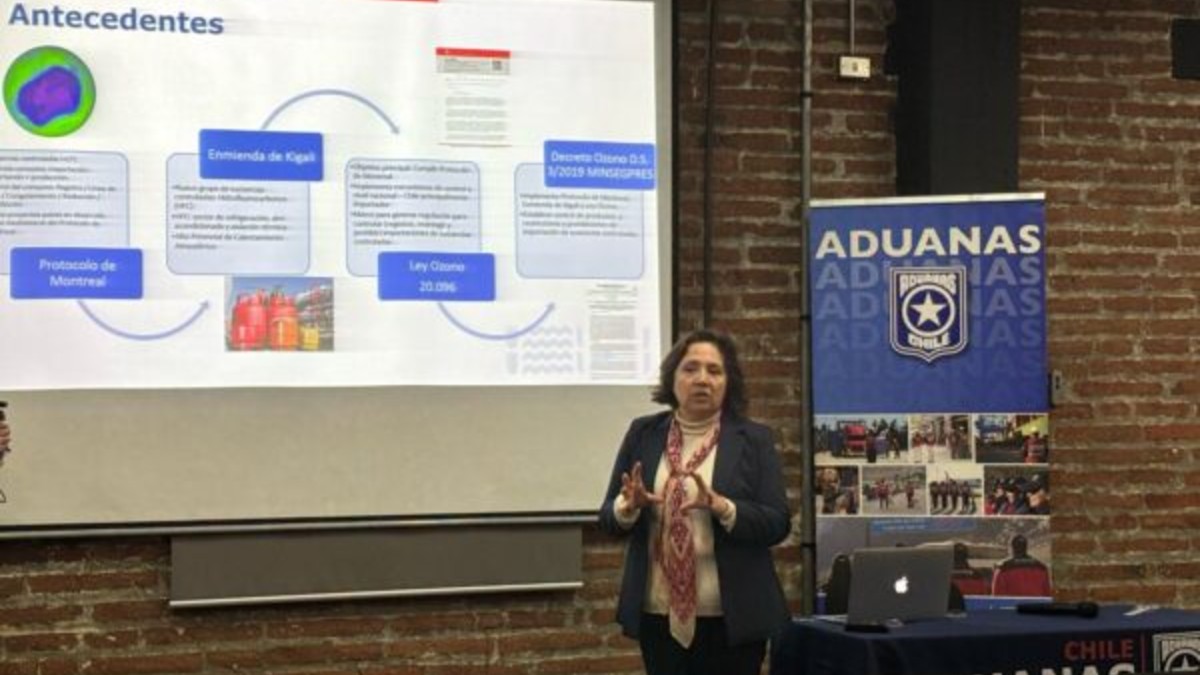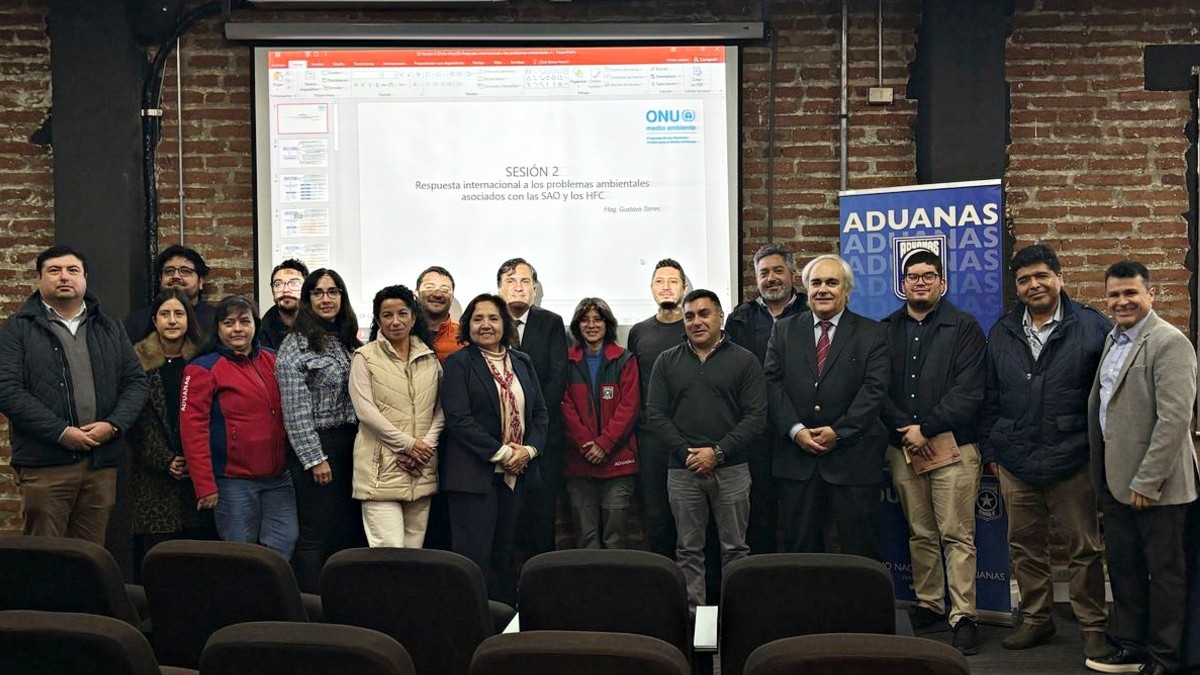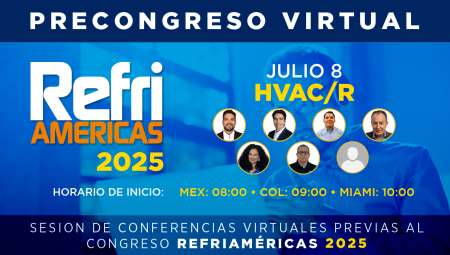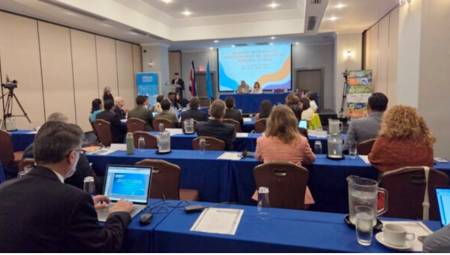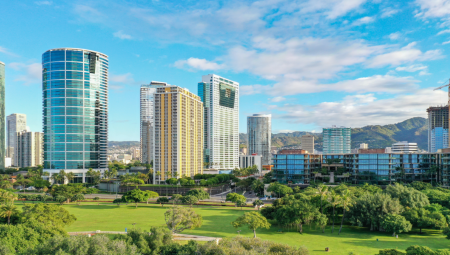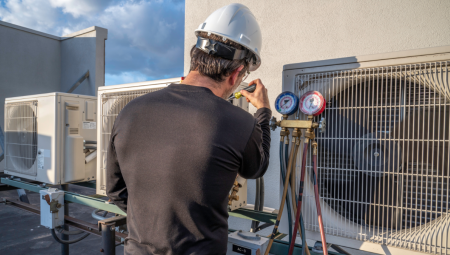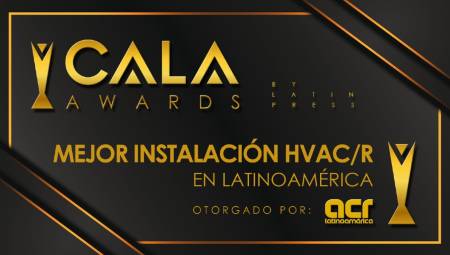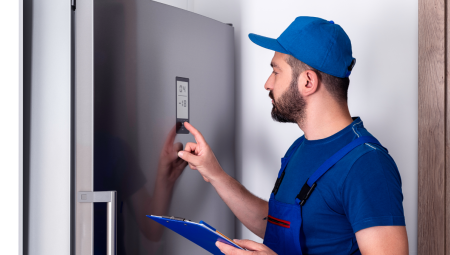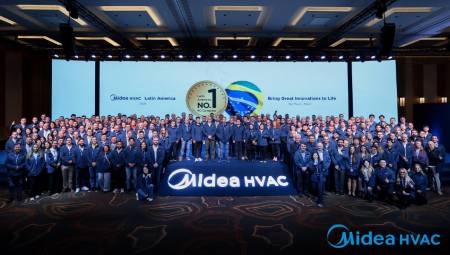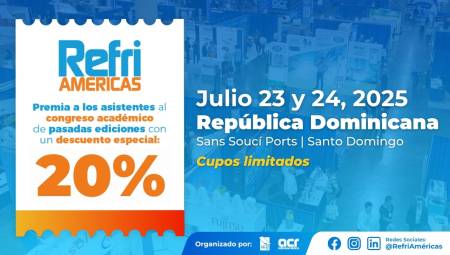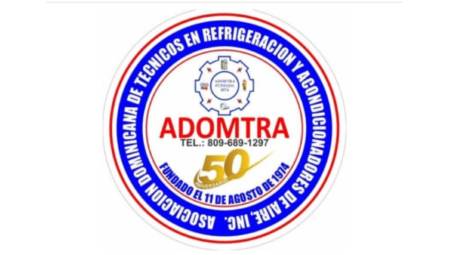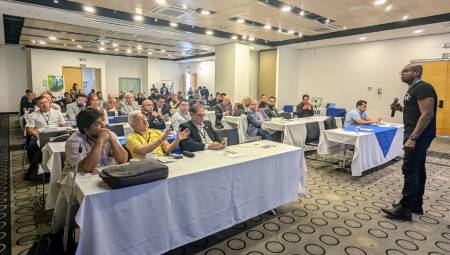Chile. With the aim of strengthening border control, the government of Chile trained Customs officials throughout the country in the detection and control of substances that affect the ozone layer and contribute to global warming.
The activity, held in Valparaíso, brought together more than 30 officials of the National Customs Service within the framework of the "Training of Trainers Workshop", organized by the Ozone Unit of the Ministry of the Environment together with the Department of Illicit Traffic Control of Customs.
The workshop addressed the control of ozone-depleting substances (ODS) and hydrofluorocarbons (HFCs), gases regulated by the Montreal Protocol and its Kigali Amendment, given their growing relevance in the fight against climate change.
"Although HFCs do not directly damage the ozone layer, they have a high global warming potential. That is why its inspection is key and is contemplated in Chile's international commitments," explained Dolores González, a professional from the Ozone Unit.
During the day,theoretical and practical sessions were held on international regulations, tariff classification, risk management and use of equipment to identify refrigerant gases. Real scenarios of inspection in port areas and subsequent control were also analyzed.
The training was led by Gustavo Torres, a UN Environment consultant and expert in the implementation of the Montreal Protocol in Latin America. "Officials must be prepared to identify prohibited substances or imports that exceed the established quotas. The illicit trafficking of these substances may increase as the reduction schedules progress," he warned.
From Customs, Juan Alonso Pérez, from the Department of Illicit Traffic Control, stressed that the workshop made it possible to strengthen the technical and operational capacities of the personnel. "It is essential that our teams are updated to ensure compliance with the country's environmental commitments," he said.
The meeting is part of preparations for the full implementation of the HFC reduction schedule set out in the Kigali Amendment, which seeks an 80% reduction in HFC emissions by 2045.
"It was a valuable opportunity to understand how these international protocols are applied in practice and how we align with global best practices," said Fabiola Vázquez, an official at Los Andes Customs.
With these actions, Chile seeks to consolidate its active role in the protection of the ozone layer and compliance with multilateral agreements on the environment and climate change.
